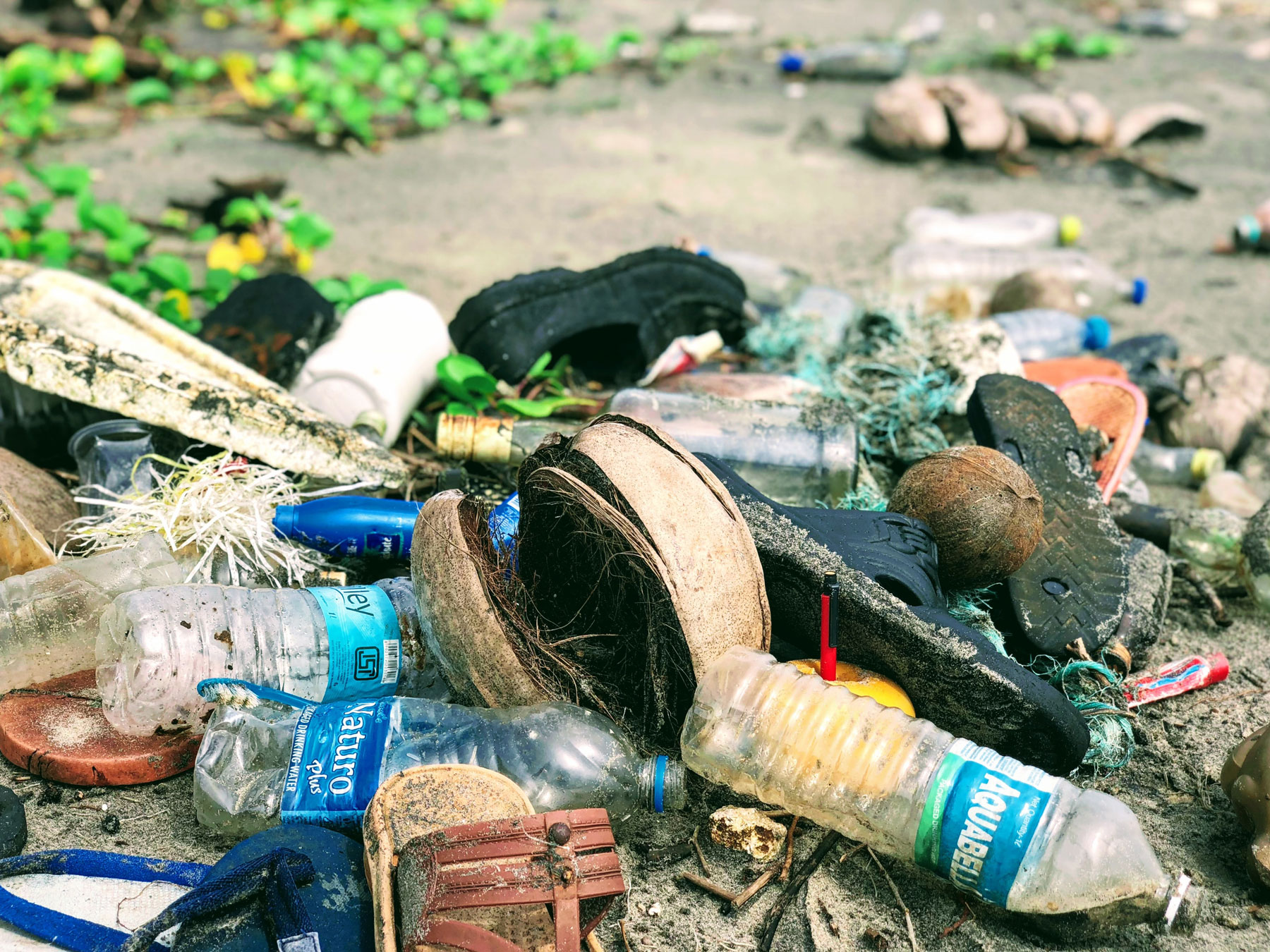The Australian government's much touted Recycling and Waste Reduction Bill is being debated in the Federal Senate this week, establishes a legal framework to repackage Australia's plastic waste as fuel and send it to poor countries to burn. It also subsidises industries that process plastic waste into fuels' to burn in cement kilns and incinerators in Australia. The new Bill undermines efforts to move to a circular economy that Australian citizens have been led to expect that this bill would deliver.
The Prime Minister's world first' announcement that Australia would ban waste exports following China's National Sword policy and similar decisions in South East Asian countries, led to the creation of this bill and a raft of supporting policy documents(1). Poorer regional neighbours claimed they have been treated as a dumping ground for rich countries waste and have been returning shipments including Australian waste.
Rather than banning waste exports the Government is promoting repackaging plastic scrap and other wastes and relabelling it a fuel' product and supports exporting it to burn in poorer countries. Australians have been misled about the real intention and purpose of this bill which will entrench the reprocessing of plastic and other waste as fuel. It's like burning fossil fuel with added toxic compounds. There is nothing environmentally friendly or climate friendly about this. It is not recycling. said Jane Bremmer, National Toxics Network Australia.
The Federal government is also planning to direct such waste fuels' to waste to energy incinerator projects being fast-tracked all over Australia in low income communities increasing risks of toxic emissions. They also want to burn it in cement kilns, co-generation paper mill incinerators and the growing plastic to fuel and chemical projects' planned for Australia. warns Jane Bremmer Zero Waste Campaign Coordinator for the National Toxics Network Australia.
Put simply, this bill is a trojan horse. On the surface it looks like the federal government is serious about acting to prevent Australian waste exports and the associated adverse impacts on our regional neighbours. In reality though, this plan is simply a move to change our policy from exporting our unsorted and contaminated mixed wastes, to reprocessing this waste into a fuel product for continued export.
Reprocessing our waste is a method to turn mixed residual wastes and plastic scraps into a more homogenised form by shredding or pelletising it and then baling it for export or use in the cement kiln or waste Incineration industry here in Australia. It can then be classified as a fuel or product and is therefore not defined as waste'. This is just a semantic argument to allow business as usual and more dirty exports.
The Clean Energy Finance Corporation (which has been funding incinerators all over Australia) has joined with the new Australian Recycling Infrastructure Fund to build reprocessing infrastructure for this staged approach to fuelling incinerators and other industries here in Australia and overseas.
The latter fund was recently highlighted in the media after failing to have spent any funds on recycling infrastructure adding to concerns that it is being earmarked for waste to fuel projects.
Burning plastic waste in the guise of Process Engineered Fuel or Refuse Derived Fuel is a stealthy way to continue burning fossil fuels. It is also a highly toxic fuel leaving forever chemicals' like dioxin and PFAS in our local and global environments where they cause irreversible adverse impacts. As signatories to the Stockholm and Basel Conventions, Australia is obliged to avoid installing polluting waste incineration as a waste management choice. The Basel Convention seeks to prevent waste dumping on poor countries, but Australia is seeking to subvert this legal obligation by calling the waste - fuel'.
Australia can and must do better than this. We need to rapidly invest in Zero Waste City models that are proven, safe and far more effective at managing our waste. This bill not only fails to deliver waste reduction and better recycling outcomes, but it will entrench more plastic consumption, waste and associated pollution." States Jane Bremmer.
For more information: Jane Bremmer 0432 041 397
Zero Waste Campaign Coordinator, National Toxics Network Australia




